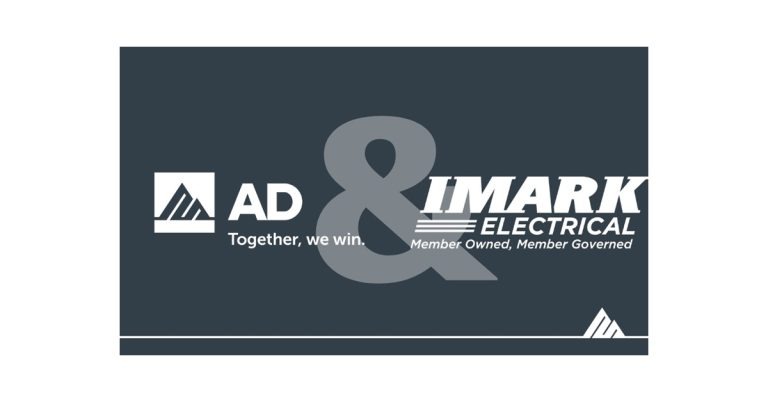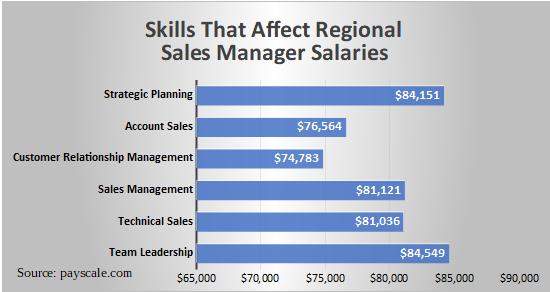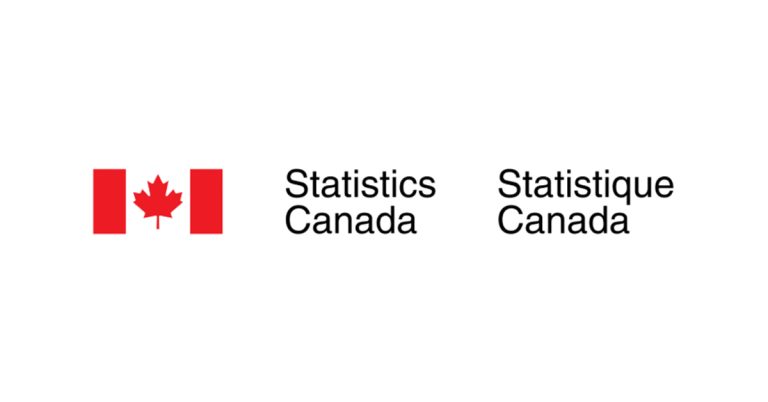The Rep Alignment Dilemma

Sept 11, 2019
By David Gordon
The rep alignment dilemma… whom to align with to generate sales? End-users? National chains? Independent supportive distributors? Any distributor who will support the manufacturer? The manufacturer? But, the bottom line becomes, what will generate sales to meet manufacturer expectations?
It’s complicated, and channel consolidation and channel diversification will make this more complicated.
The market share conversation
Recently I received a call from a rep asking for some advice. They had satisfactorily represented a manufacturer for over 25 years with never a hint of dissatisfaction. In fact, they had gone through at least three different sales management regime changes. Either the manufacturer was satisfied or complacent.
This rep happens to be in a state that is relatively rural and, in its metropolitan areas is pretty consolidated from a distribution viewpoint. A couple of independents dominate and then there are the chains. There are a few small independents but… did I say that they are small?
And the manufacturer is not the #1 in their category and does not have much share, even nationally, within a number of national chains.
The manufacturer recently conducted a state-by-state market share analysis and projects that, in this state, they have about a 10% share versus their estimate of the overall market.
10% is low, therefore the email/call of “your 30-day countdown has started.”
So, let’s put aside the fact that there wasn’t a meeting and a plan developed to try to improve share. The reality is the share has been about the same for years.
But it brings up some issues that are growing within the industry due to consolidation as well as channel fragmentation / alternative channels that question some industry sacred cows.
When share isn’t available, where can a rep grow?
The questions then become the following:
• In an age of distributor consolidation, if the manufacturer essentially has limited share at a national chain, is this due solely to an agent or is it a joint issue? Some national chains are very structured. If a manufacturer isn’t preferred, trying to get significant business at a local level is a challenge. That’s the distributor’s choice. What is the role an agent plays in supporting a manufacturer in such a chain? What is the manufacturer’s role?
• While calculating share is important as a metric, should the discussion be about TAM (total available market)? In reality, some aspects of the market may not be feasible to obtain, or the manufacturer may not want aspects of the market due to pricing levels or they may not have the appropriate / preferred product offering (or brand).
• In a market with few electrical distributor conversion opportunities, if the rep pursues end-users, where can they place the business? Most buyers already have their preferred distributors and want to place their orders with them. Which begs the question of what is more important… manufacturer brand or preferred distributor? The reality… the customer will decide.
• Nowadays there are multiple channels for electrical material. Products can be purchased via Grainger, MSC, McMaster Carr, Fastenal, plumbing distributors, industrial supply distributors, automation houses, power transmission distributors and more, let alone Amazon Business, Home Depot, online only distributors and distributors outside the market. And yes, there are manufacturers who will take the order direct (sometimes bypassing their reps). While hopefully the manufacturer compensates the rep based upon POS at the postal code level, most manufacturers do not compensate reps for sales to non-electrical distributors. Perhaps the rep could grow the business at the end-user level if they could direct the business to a non-electrical distributor… when they are blocked in placing the business through a local electrical distributor (no supporting distributor for the line). This then begs these questions:
◦ Should reps be compensated for sales to non-electrical distributors?
◦ Should reps, with manufacturer consent, be able to open non-electrical distributors as accounts?
◦ Should reps support a manufacturer’s sales to Grainger, Fastenal, et al (whomever the manufacturer has authorized)?
◦ Or, is the electrical rep committed to supporting electrical distributors, even if the electrical distributor is not committed to supporting all of their lines?
• What is the manufacturer’s responsibility / role in getting “stocked / preferred” within a national chain or a local leading distributor or is the responsibility the rep’s within their territory?
Evolving roles in an evolving market
Lot’s of interesting questions as the market evolves. The role of a rep may change by type of distributor, or perhaps the culture of the distributor. For very disciplined distributors where corporate makes decisions of which lines to support, perhaps the role of the rep is to support the manufacturer initiative with the manufacturer responsible for communicating (selling) their value proposition to corporate management? In other distributors, where local decision-making is more prevalent, perhaps the role of the rep is engagement throughout the distributor’s business … corporate to branch and salespeople?
Or is the role of the rep to focus solely at the “customer/end-user” level to generate demand within the territory for their manufacturer?
As the business changes, it becomes more nuanced. Will we get more similar to the electronic industry where most distributors represent all and the role of the rep is really specification-driven and providing local support?
A challenging dilemma for reps. Align with independent distributors and control your destiny locally? Focus solely on end-users and let them decide whom to buy from? Hope the manufacturer provides clear channel guidance? Seek agreements to sell multiple channels? Should manufacturers compensate based upon the territory or by the channel that sells the product? Does the role of the rep change based upon the culture/type of distributor that they call on… support solely at local level or “top to bottom” engagement?
Thoughts?
David Gordon is President of Channel Marketing Group. Channel Marketing Group develops market share and growth strategies for manufacturers and distributors and develops market research. CMG’s specialty is the electrical industry. He also authors an electrical industry blog, www.electricaltrends.com. He can be reached at 919-488-8635 or dgordon@channelmkt.com.











